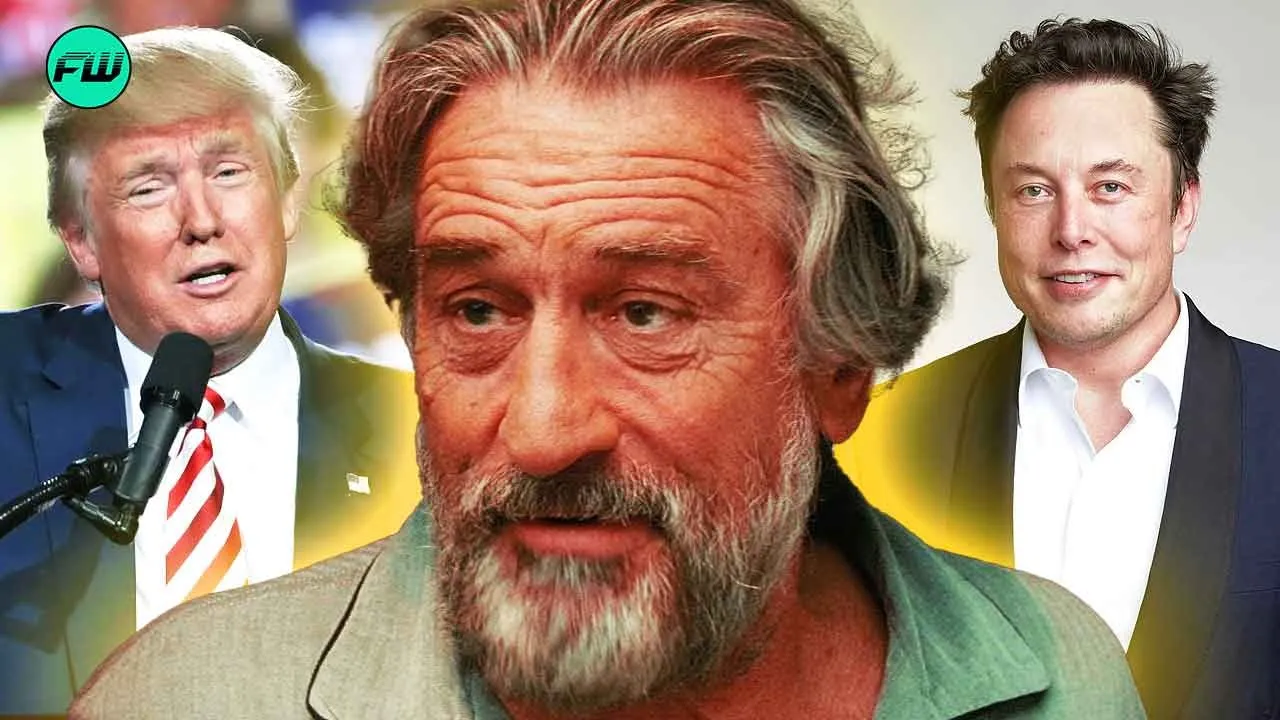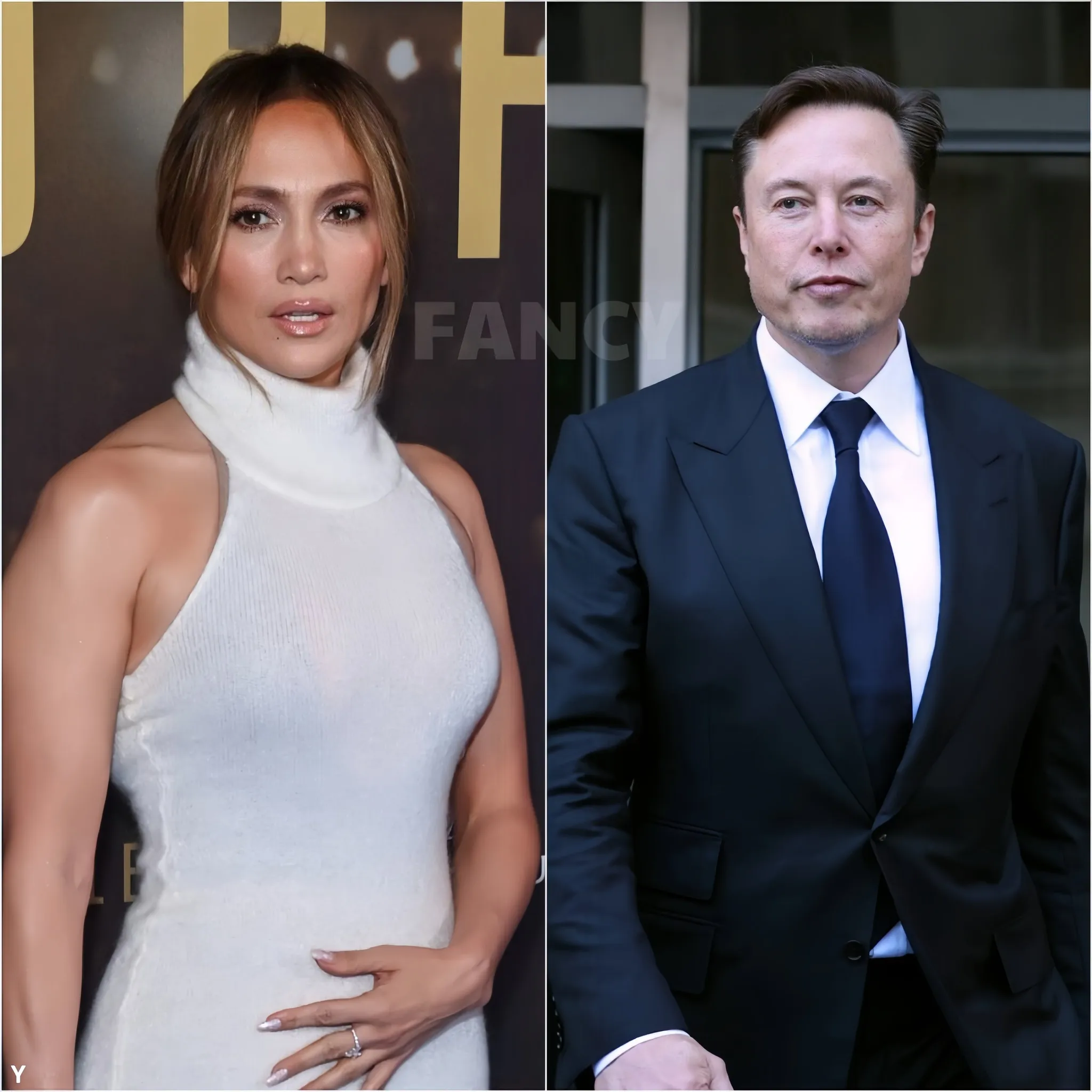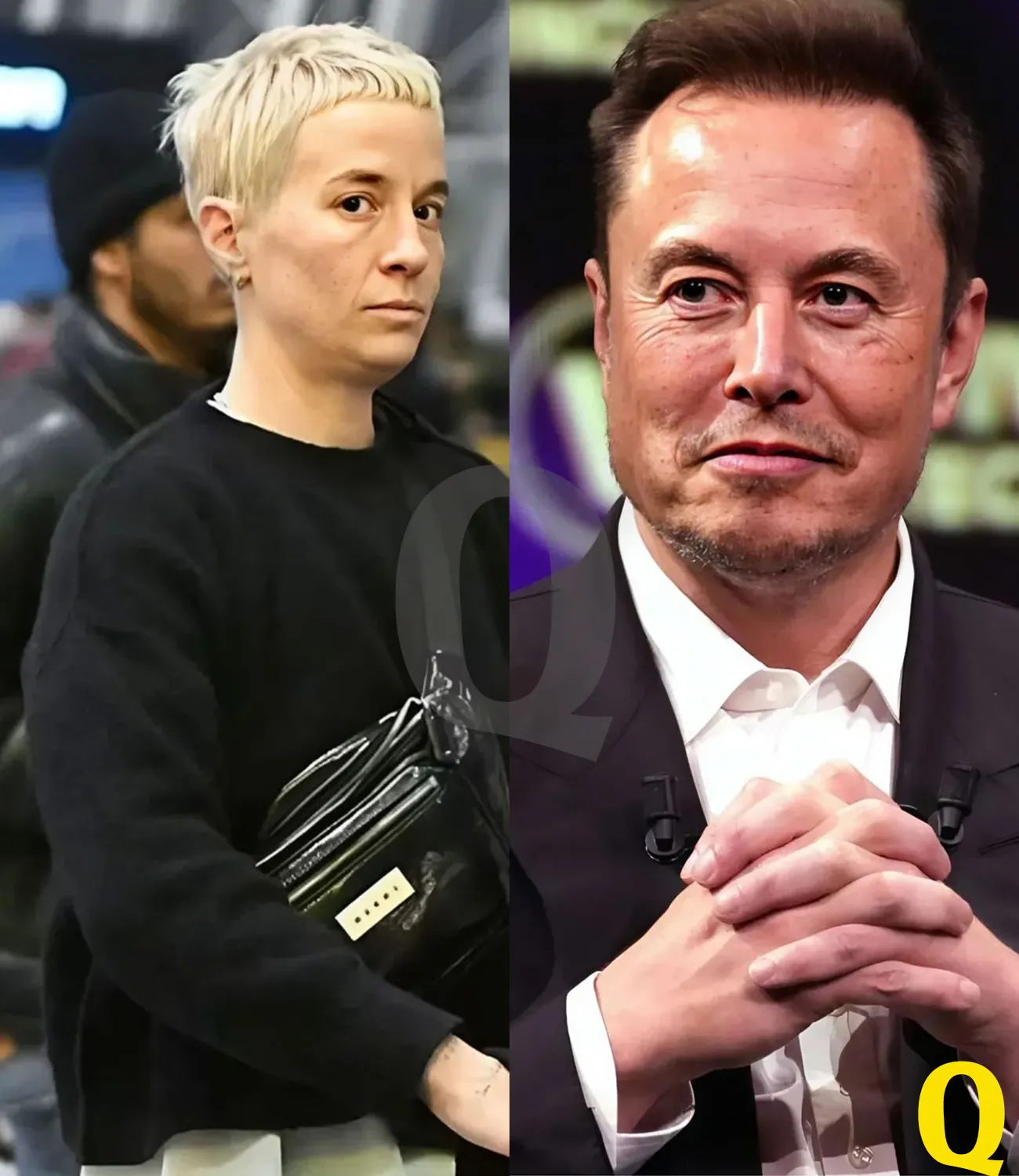
In a world where the clash between technology and entertainment giants often unfolds quietly, Elon Musk has once again found himself at the center of a heated public discourse.
Known for his unfiltered remarks on social media, the tech mogul recently directed a sharp and provocative comment at legendary actor Robert De Niro, calling him a “woke creepy baby.”
The remark, which appeared on Musk's X platform, formerly known as Twitter, quickly went viral, igniting a firestorm of reactions from both fans and critics of the two cultural icons.
The tension appears to stem from De Niro's well-documented political stances, which frequently lean toward progressive and liberal ideologies. As one of Hollywood’s most outspoken critics of conservative movements, De Niro has used his platform to voice disdain for figures like Donald Trump and other right-leaning politicians.
Musk, on the other hand, has embraced a more complex persona, often straddling libertarian ideals while criticizing what he perceives as the excesses of “woke culture.” The collision of these two titans, representing vastly different worlds and philosophies, feels almost inevitable in today’s polarized landscape.

Musk's incendiary comment came after a recent interview where De Niro expressed concern over the influence of tech billionaires in shaping public opinion and policy. Without naming Musk directly, the veteran actor suggested that unchecked power and wealth could pose significant risks to democracy, particularly when wielded by individuals who dismiss societal norms and structures.
De Niro’s remarks were met with widespread applause from his supporters, many of whom viewed his comments as a necessary critique of figures like Musk, who are often accused of operating outside conventional moral and ethical boundaries.
In response, Musk wasted no time firing back. His post, dripping with disdain, took aim not only at De Niro’s politics but also his perceived role as a symbol of Hollywood’s left-wing elite.
“Get outta here, you woke creepy baby,” Musk wrote, accompanying the comment with a meme mocking the actor’s performances in recent years. While Musk is no stranger to controversy, this particular jab appeared to cross a line for many, with critics accusing him of resorting to personal attacks rather than engaging in meaningful dialogue.
The backlash was swift and fierce. Fans of De Niro rallied around the actor, praising his decades-long career and contributions to the film industry.
Many highlighted his performances in iconic films like Taxi Driver and The Godfather Part II, arguing that Musk’s comment was not only disrespectful but also unsubstantiated. Social media quickly became a battleground, with hashtags like #TeamDeNiro and #MuskMeltdown trending as users took sides in the escalating feud.
Despite the controversy, Musk’s supporters were equally vocal. Many defended his right to free speech and celebrated his willingness to challenge Hollywood’s perceived monopoly on moral authority.
For them, Musk’s comments represented a broader pushback against the entertainment industry’s influence on cultural and political narratives. This divide reflects the deep polarization that has come to define not only American politics but also the public’s perception of high-profile figures like Musk and De Niro.
What makes this clash particularly compelling is the broader cultural conversation it taps into. De Niro’s advocacy for progressive policies and Musk’s critiques of political correctness are emblematic of the larger battle between traditional liberalism and the growing backlash against it.
Their public spat serves as a microcosm of the tensions playing out across social media, workplaces, and dinner tables nationwide. Both men, in their own ways, are symbols of their respective camps—De Niro, the elder statesman of liberal values; Musk, the rebellious innovator unafraid to challenge the status quo.
As the debate rages on, questions arise about the responsibilities of public figures in navigating such conflicts. Should someone like Musk, who wields significant influence through his social media presence, exercise greater restraint in his comments?
Or is his willingness to speak candidly a necessary counterbalance to what he views as an overly sanitized public discourse? Similarly, does De Niro’s prominence as an actor lend more weight to his political opinions, or should his critiques be confined to the realm of art and entertainment?
For now, neither side shows signs of backing down. De Niro has not publicly responded to Musk’s comment, but insiders suggest the actor is unfazed by the criticism.

Musk, meanwhile, appears to revel in the attention, using the controversy to further solidify his image as a provocateur unbound by conventional norms. Whether this feud will escalate further or fade into the endless cycle of internet drama remains to be seen, but one thing is certain: the intersection of technology, entertainment, and politics continues to produce fireworks that captivate and polarize audiences around the world.
As the dust settles, the incident underscores the immense power of social media in shaping public perception and fueling cultural debates. Musk and De Niro, each in their own right, are masters of their crafts—one a trailblazer in technology, the other a cinematic legend.
Yet, their very public clash reveals the vulnerabilities and contradictions inherent in wielding such influence in an era defined by digital immediacy and ideological divides. Whether this is a fleeting skirmish or the start of a deeper reckoning, the saga serves as a reminder of the complex dynamics that arise when two titans collide in the unforgiving arena of public opinion.



